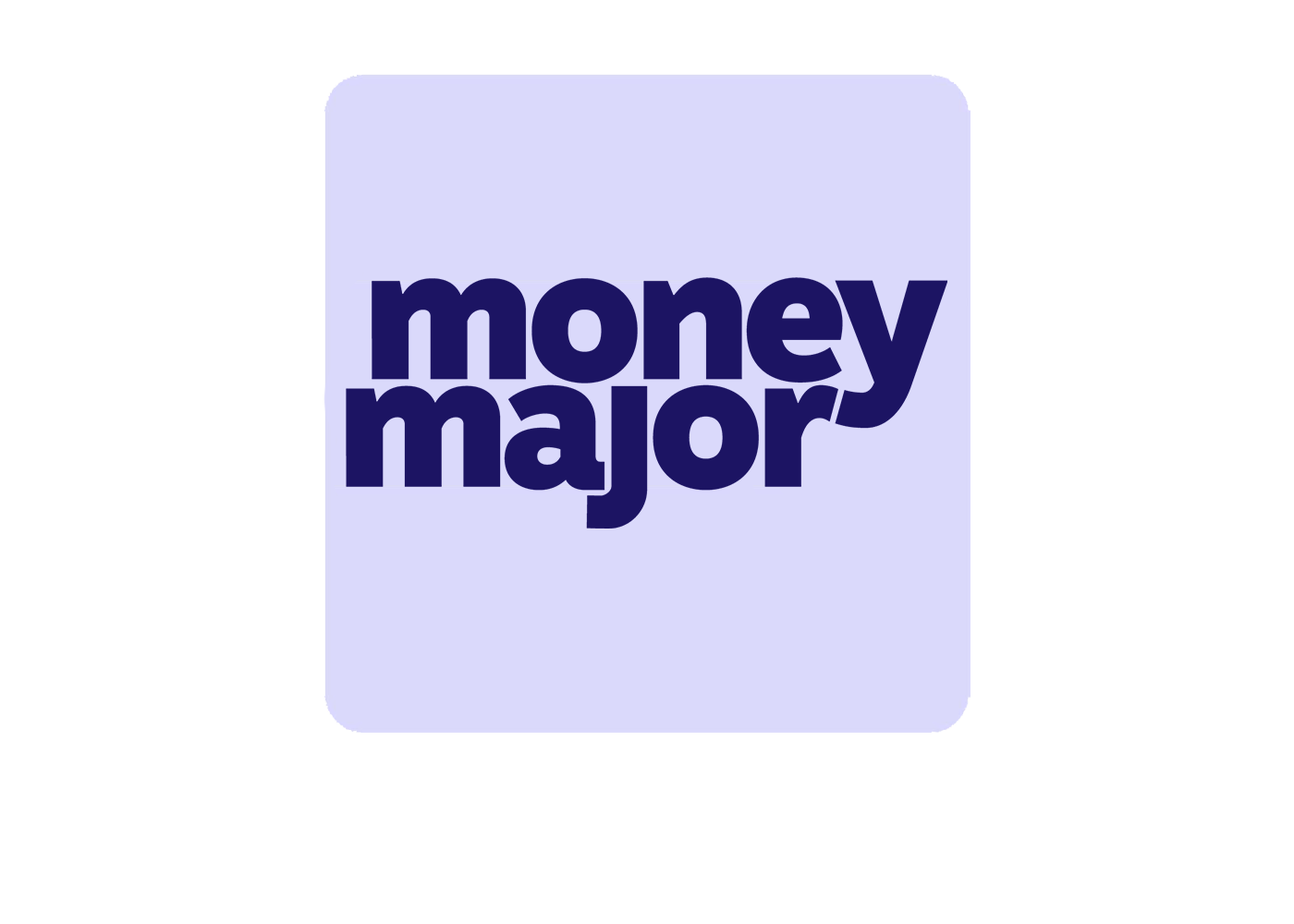From riding a bike to cooking, parents will always be looking to teach their children life lessons. While many parents tend to teach their kids hard skills, financial literacy is often forgotten.
Regardless of how old your children are, if you teach them money lessons, it can help put them on the path to financial freedom. Here are some of the best money tips and lessons every parent should teach their kids.
The value of delayed gratification
Delayed gratification is one of the first lessons parents should consider teaching their children. The concept is simple, can you resist buying or doing something now that gives you immediate pleasure for something better later?
For example, let’s say your child wants to buy a toy that will cost $15. But they also want to buy a new pair of shoes that will cost $75. Are they willing to forgo the toy since it’ll allow them to reach their bigger goal?
As a parent, you want to explain to your kids that they need to determine what’s more important. If what they want costs more, they’ll need to cut back and save more until they reach their goal.
How to budget
No matter how old you are, having a budget is essential. That’s why teaching your kids about budgeting at a young age is essential. When you’re shopping for groceries, give your kids $40 and tell them they need to purchase a meal that will feed the family for the night. Go with them through the aisles and have them price compare and decide what will be for the dinner that night. With this exercise, they’ll learn how to budget and stretch their dollars.
As your kids get older, you can teach them similar lessons that are relevant to their current situation. For example, if your child has a part time job, you could help them create a budget that shows their income and expenses. You want to show them that fixed expenses always come first, but budgeting for savings is also important. Any leftover funds can then be used for personal purchases.
Saving with compound interest
Compound interest is when you earn interest on interest you’ve already earned. For example, let’s say you have $1,000 in your bank account, and your bank has paid you $10 in interest for the year. The following year, you’d earn interest on $1,010. While this amount may not sound like a lot, compound interest doesn’t stop, and it’ll continue to grow.
This money lesson is vital to kids for a number of reasons. First, you can demonstrate to your children that your bank will pay them money if they keep their cash in the bank. In addition, you can explain to your kids that each bank offers different interest rates. As a consumer, you can shop around for the best rates.
What’s also great about compound interest is that it applies to other things besides your bank deposits. Let’s say you invest your money in various companies. Many of these companies will pay out dividends, which could pay out as more shares. Since you own more shares, your dividends the following year would be calculated on that amount.
How credit card debt works
For many teenagers, getting a credit card is one of the first milestones towards adulthood. While credit cards are essential since they can help you build your credit score, they can also put you in a debt spiral if you don’t know how they work.
With credit cards, you’re getting an interest free loan from your credit card provider. The catch is you must pay back everything you’ve borrowed by your statement due date. If you fail to pay back the amount, you’ll incur interest charges.
Most credit cards have an interest rate of 20% or higher. That’s considered high interest and should be avoided at all costs. As a parent, you’ll want to explain to your kids how credit cards work and what the consequences are when you charge too much to your card and have no idea how to pay it back.
How to file your taxes
Many Canadians stress out when it comes to filing their taxes, but the process couldn’t be simpler. To help get your kids on the right track, make sure they’re sitting with you when you’re filing their taxes. Better yet, you should sit with them while they file their own taxes.
Filing your taxes in Canada is simple since everything can be done online. All you really need to do is gather all your documents, such as tuition receipts, income statements, and charitable donations. Once you have all the paperwork handy, you would just enter the numbers into your software of choice. Most tax software will even prompt you with questions to ensure that you’re getting the most money back.
Speaking of taxes, you may want to teach your kids about how tax brackets work. Canada has a marginal tax system. That means you’ll pay more tax as your income increases. However, you only pay more tax for each additional dollar earned when you enter a new tax bracket.
The bottom line
Teaching your kids basic personal finance lessons will help them become more money savvy throughout their lives. That said, it’s just as important to demonstrate those lessons first hand. Talk to your kids about bank accounts, investing and retirement savings. Also have them sit with you when you’re updating your budget or filing your taxes. These first-hand experiences can go a long way since they’re witnessing them being applied to real life situations.

Barry Choi is an award-winning personal finance and travel expert. He regularly appears on various shows in Canada and the U.S., where he talks about all things money and travel. His website - Money We Have - attracts thousands of visitors daily, looking for the latest stories on travel and money.



